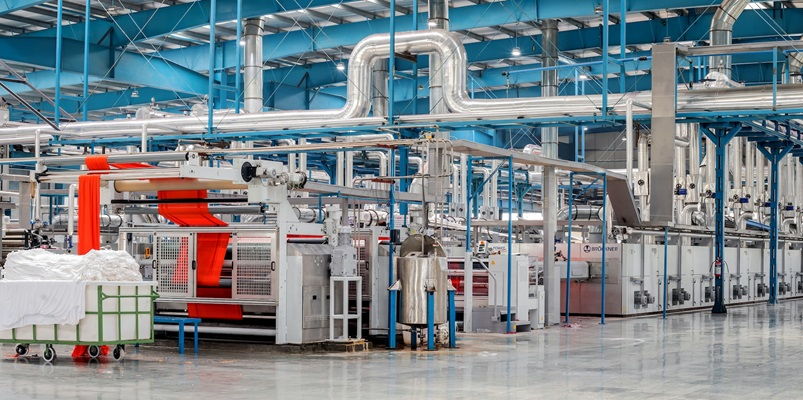The automotive industry relies heavily on advanced machinery and automation to streamline production processes. One crucial component in this ecosystem is nutrunners, which are used for tightening bolts and fasteners in vehicle assembly. Recently, researchers at Nozomi Networks discovered a series of vulnerabilities in nutrunners manufactured by Bosch Rexroth, potentially exposing the automotive industry to hackers seeking financial gain or those looking to cause disruption and reputational damage to targeted organizations.
Overview of vulnerabilities
Nozomi researchers uncovered over two dozen vulnerabilities, with the majority residing in the management application of the NEXO-OS operating system. Additionally, certain vulnerabilities were identified in the communication protocols designed for integration with SCADA, PLC, and other systems. These vulnerabilities create potential entry points for attackers to exploit and gain control over the nutrunners.
Exploitation and Potential Impact
If these vulnerabilities are successfully exploited, unauthenticated attackers could gain complete control over a nutrunner. This control could be leveraged to launch various malicious activities, including ransomware attacks that render the device inoperable. Lab tests conducted by Nozomi Networks demonstrated how an attacker could manipulate the nutrunner to display a ransom message on its built-in screen, demanding payment for the device’s release. Consider the chaos this could wreak upon the production line if such an attack were automated to target multiple nutrunners within a company.
The criticality of nutrunners in manufacturing
Nutrunners play a critical role in the manufacturing industry, particularly in quality management and assurance programs. For many manufacturers, these tools are the last line of defense in ensuring the integrity and safety of their products. Any compromise in their functionality could result in defective vehicles reaching consumers and substantial financial and reputational losses for the manufacturer.
Specific Attack Scenarios
Nozomi Networks simulated an attack scenario in their lab where the attacker targeted the nutrunner’s tightening program configurations, specifically altering the torque value. This malicious action could lead to improperly secured bolts, potentially compromising the safety and reliability of the assembled vehicles. The impact of such attacks can vary based on each manufacturer’s use and business configuration, making it crucial for organizations to address these vulnerabilities promptly.
Impacted product range
The vulnerabilities were primarily discovered in the NXA015S-36V-B product. However, other nutrunners manufactured by Bosch Rexroth are also affected, including several NXA, NXP, and NXV series devices. It is essential for organizations to review their nutrunner inventory and take necessary actions to secure these devices against potential cybersecurity threats.
Notification and patching
Nozomi Networks promptly notified Bosch Rexroth about the vulnerabilities. As a responsible manufacturer, Bosch Rexroth acknowledged the seriousness of the situation and reassured that they are working to develop appropriate patches. The company has committed to addressing these vulnerabilities and plans to release necessary updates by the end of January 2024. Manufacturers are urged to stay vigilant and implement these patches as soon as they become available to protect their nutrunners and the broader production infrastructure.
The vulnerabilities discovered in Bosch Rexroth nutrunners highlight the critical importance of cybersecurity in the automotive industry. The potential for financial gain or disruption from these vulnerabilities cannot be overstated. Manufacturers must recognize the vital role nutrunners play in ensuring product quality and take immediate steps to protect these devices from exploitation. By promptly applying the patches provided by Bosch Rexroth, the industry can safeguard itself against potential threats and maintain the integrity of vehicle assembly processes.

